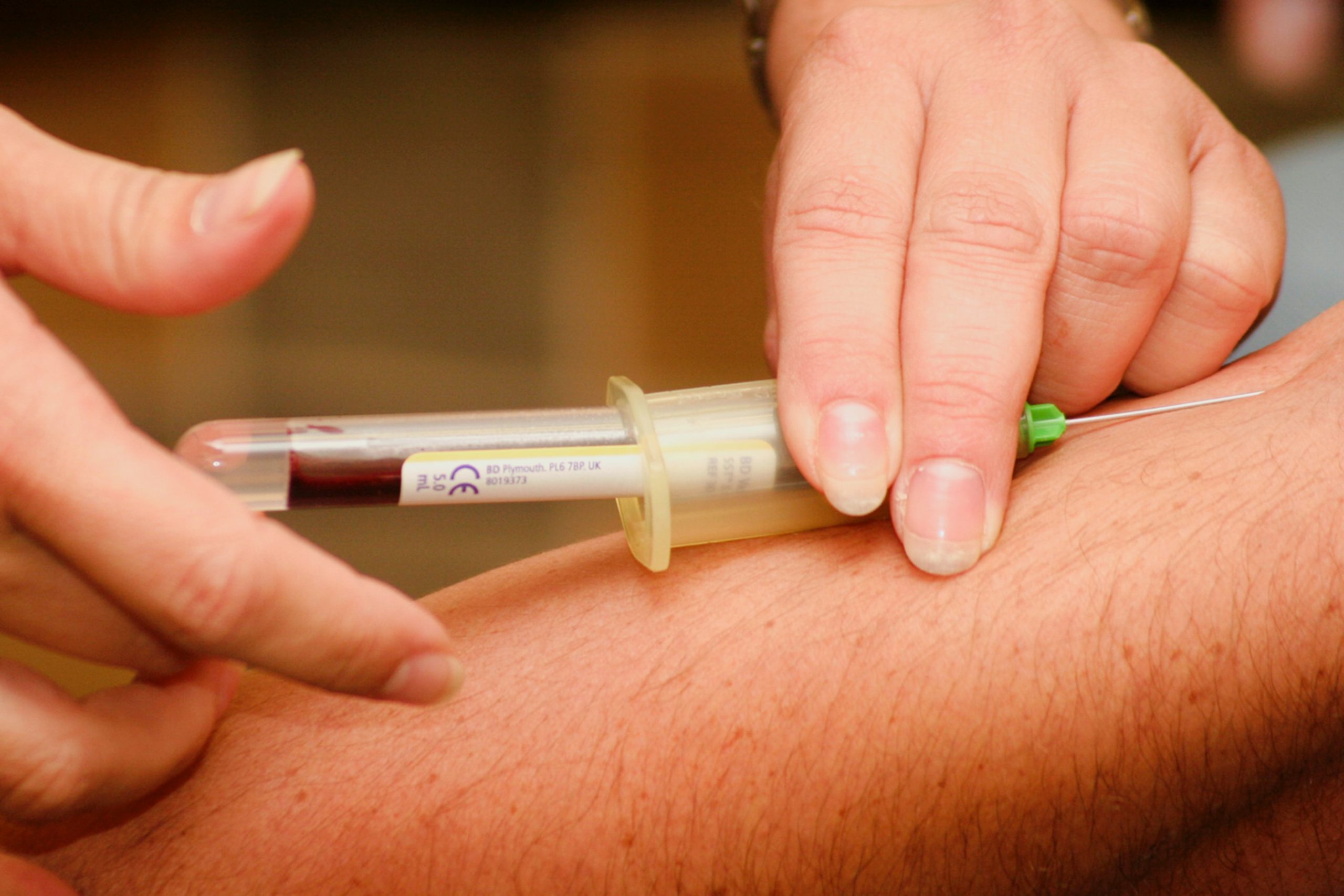The U.S. Food and Drug Administration (FDA) has made a historic change to its blood donation policy, easing the ban on donations from LGBTQ+ individuals. The new policy marks a significant step forward in the fight for LGBTQ+ rights and greater inclusivity in the U.S. healthcare system.
Since the 1980s, gay and bisexual men have been banned from donating blood in the U.S. due to concerns over HIV transmission. In 2015, the FDA changed the ban to a deferral period, which required gay and bisexual men to abstain from sexual activity for 12 months before donating blood. However, many LGBTQ+ advocates argued that the deferral period was still discriminatory and not based on scientific evidence.
Now, the FDA has revised its policy once again. The new policy states that gay and bisexual men can donate blood if they have been sexually abstinent for just three months. The change comes as a result of studies that show modern blood testing methods are more accurate in detecting HIV than in the past.
The FDA’s decision is a major victory for LGBTQ+ activists who have long been fighting to end discriminatory blood donation policies. The Human Rights Campaign, a prominent LGBTQ+ advocacy group, praised the decision as “a step towards a more equitable and inclusive blood donation system.”
“This decision is a step in the right direction, but we must continue to push for policies that are based on science and individual risk, rather than harmful stereotypes and blanket assumptions about entire communities,” said Alphonso David, president of the Human Rights Campaign, in a statement.
However, some critics argue that the new policy still perpetuates harmful stereotypes about gay and bisexual men. The three-month deferral period implies that all gay and bisexual men are inherently high-risk for HIV, regardless of their individual sexual behaviors or safe sex practices.
In an opinion piece for The New York Times, writer Jesse Tyler Ferguson, who is gay and has been an advocate for changing the blood donation policy, argued that the three-month deferral period is still “an archaic and discriminatory policy” that perpetuates stigma against LGBTQ+ people. He called on the FDA to adopt a policy based on individual risk assessment, rather than blanket assumptions about entire communities.
It is important to note that the FDA’s policy change only applies to gay and bisexual men, and not to other groups who may be at risk for HIV. For example, individuals who have recently had unprotected sex or who have used intravenous drugs are still subject to deferral periods of up to 12 months. Some have criticized this discrepancy as further evidence of the FDA’s discriminatory policies.
Nevertheless, the FDA’s decision to shorten the deferral period for gay and bisexual men is a significant step towards greater equality and inclusivity in the U.S. blood donation system. As society continues to grapple with issues of discrimination and social justice, this policy change offers a glimmer of hope for progress in the fight for LGBTQ+ rights.
The FDA’s announcement also highlights the importance of scientific research in shaping public policy. As testing methods improve and new data becomes available, it is critical that policymakers are willing to reexamine and revise their policies accordingly.
As the FDA moves forward with its new policy, it will be important for the agency to continue engaging with LGBTQ+ advocates and experts to ensure that the policy is implemented fairly and effectively. Only by working together can we create a healthcare system that truly serves all members of our diverse and vibrant society.










